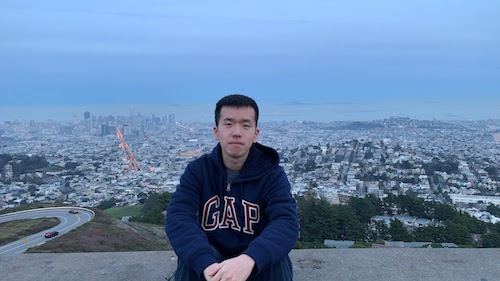Dissertation Defense
Efficiently Finding Approximately-Optimal Queries for Improving Policies and Guaranteeing Safety
This event is free and open to the publicAdd to Google Calendar

bluejeans.com/438179098 (Digital only)
When a computational agent (called the “robot”) takes actions on behalf of a human user, it may be uncertain about the human’s preferences. The human may initially specify her preferences incompletely or inaccurately. In this case, the robot’s performance may be unsatisfactory or even cause negative side effects to the environment. There are approaches in the literature that may solve this problem. For example, the human can provide some demonstrations or give real-time feedback to the robot’s behavior. However, these methods typically require much of the human’s attention.
In this thesis, I consider a querying approach. Before taking any actions, the robot has a chance to query the human about her preferences. For example, the robot may query the human about which trajectory in a set of trajectories she likes the most, or whether the human cares about some side effects to the domain. After the human responds to the query, the robot expects to improve its performance and/or guarantee that its behavior is considered safe by the human.
Finding a provably optimal query can be challenging since it is usually a combinatorial optimization problem. In this thesis, I contribute to providing ef cient query selection algorithms under uncertainty. I rst formulate the robot’s uncertainty as reward uncertainty and safety-constraint uncertainty. Under only reward uncertainty, I provide a query selection algorithm that nds approximately-optimal k-response queries. Under only safety-constraint uncertainty, I provide a query selection algorithm that nds an optimal k-element query to improve a known safe policy, or use a set-cover-based query selection algorithm to nd a safe policy. Under both types of uncertainty, I provide a batch-query-based querying method that empirically outperforms other baseline querying methods.
 MENU
MENU 
